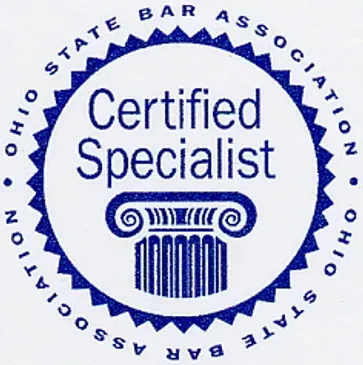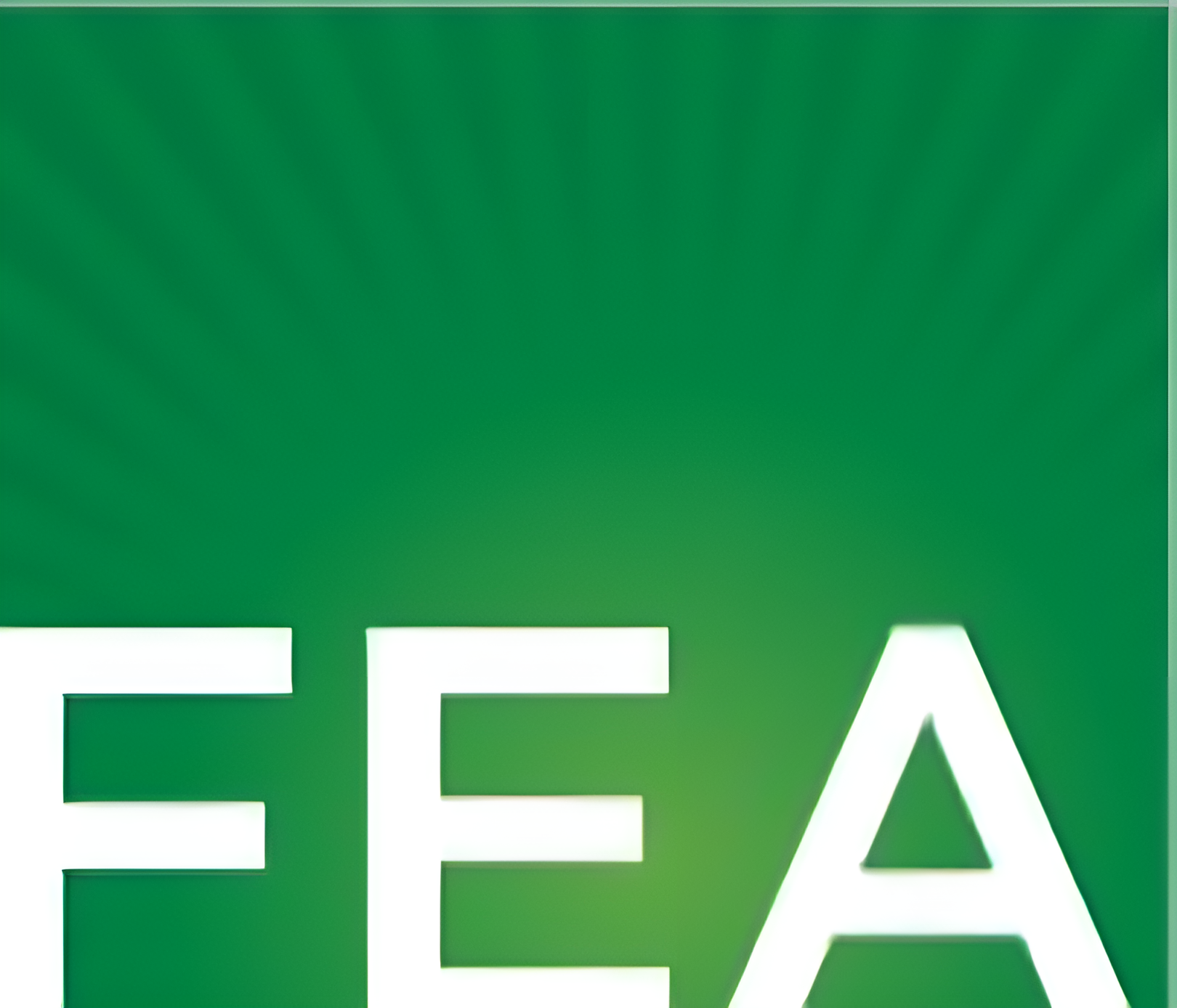Answers to your most pressing questions about 1031 exchanges and more.
Navigating the world of 1031 exchanges can feel overwhelming. At Strategic Property Exchanges, we’ve compiled answers to the most commonly asked questions to help you better understand the process and make informed decisions.
Frequently Asked Questions
General FAQs
When should we contact you?
For a Forward Exchange, please contact us at least 10 business days before your first closing. This gives us enough time to draft necessary documents and coordinate with all parties. For Reverse, Improvement, or Parking Exchanges — especially those involving a lender — reach out as early as possible.
What is a 1031 Exchange?
A 1031 exchange, named after Section 1031 of the IRS Code, allows investors to defer capital gains taxes by reinvesting the proceeds from the sale of an investment property into a like-kind property.
What does "like-kind property" mean?
In exchanges, “like kind” refers to all real property, ie. land/ building, air rights, water rights and timber rights, oil and gas. All real property is like kind to each other, so for example, you can exchange a commercial building for multiple single family rental properties, or a rental home for farmland.
What is the timeline for completing a 1031 exchange?
The IRS requires you to:
- Identify a replacement property within 45 days of selling your relinquished property.
- Close on the replacement property within 180 days of the sale.
Can I use a 1031 exchange for personal property?
No, 1031 exchanges apply only to investment or business real estate. Personal-use properties, like primary residences, do not qualify. Additionally, other personal property such as equipment, trains, planes and automobiles, are also not like kind to real estate.
What happens if I don’t complete the exchange within the required timeline?
If you don’t meet the 45-day identification or 180-day closing deadlines, your exchange will be disqualified, and you will be required to pay taxes on any capital gains.
Understanding Different Types of 1031 Exchanges?
What is a Forward Exchange?
A Forward Exchange, or "forward exchange," is the most common type of 1031 exchange. You sell your relinquished property first, then reinvest the proceeds into a like-kind property within the required timeframe.
What is a Reverse Exchange?
A Reverse Exchange allows you to purchase your replacement property before selling your current one. It’s ideal for competitive markets where timing is critical.
What is a Parking Exchange?
A Parking Exchange temporarily "parks" a property with a qualified intermediary to provide more time for completing complex transactions or resolving delays.
Can I improve my replacement property during the exchange?
Yes, with a Build-to-Suit Exchange, you can use exchange funds to construct or improve your replacement property, provided the improvements are completed within 180 days.
Specialized Exchange Questions
Can I use a 1031 exchange for a vacation property?
Yes, as long as the property meets IRS investment-use requirements:
- Personal use must not exceed 14 days per year or 10% of the total days rented—whichever is greater.
- The property must primarily be used as an investment.
What is a Build-to-Suit Exchange?
A Build-to-Suit Exchange allows you to use exchange funds to construct new improvements or make significant renovations—also known as capital improvements—on your replacement property. This option is ideal if you want to customize the property to meet your specific needs and design preferences.
Are there restrictions on the types of improvements I can make in a Build-to-Suit Exchange?
Yes, all improvements must be completed before the 180-day deadline, and the improvements must be included in the replacement property value to qualify for tax deferral.
Fees and Compliance
What are the costs associated with a 1031 exchange?
Costs vary but typically include:
- Qualified intermediary fees.
- Administrative fees.
- Legal and tax advisory services (if needed).
- LLC fees (if needed).
Do I need a qualified intermediary for a 1031 exchange?
Yes, the IRS requires you to use a qualified intermediary to hold the proceeds from the sale of your relinquished property and facilitate the exchange.
Are there any legal risks with a 1031 exchange?
As long as IRS rules and timelines are followed, the process is safe and compliant. However, failing to meet requirements could result in disqualification and tax liabilities.
What happens if I don’t complete the exchange within the required timeline?
If you don’t meet the 45-day identification or 180-day closing deadlines, your exchange will be disqualified, and you will be required to pay taxes on any capital gains.
Let Us Handle the Details
Our comprehensive exchange services include:
- Efficient Management: We handle all deadlines, paperwork, and compliance.
- Strategic Solutions: Tailored to meet your unique financial goals.
- Stress-Free Experience: With a qualified intermediary managing the process, you can focus on identifying the perfect replacement property.
Whether you’re a first-time exchanger or an experienced investor, we ensure the process is smooth


